Executive Committee Member:
President:
Dr Diane Urquhart

Diane Urquhart is Professor of Gender History in the School of History, Anthropology, Philosophy and Politics (HAPP) of Queen’s University Belfast. The former chair of modern history in the Institute of Irish Studies of the University of Liverpool, Diane is a fellow of the Royal Historical Society. A graduate of Queen’s University, Belfast, she was a postdoctoral fellow in the Institute of Irish Studies at Queen’s and worked as a researcher for the Women’s History Project. Diane is an editorial board member of the Women’s History Review and a committee member of the Ulster Society for Irish Historical Studies. She has published extensively on Irish women’s history, gender and politics including Irish Divorce: A history(2020), The Ladies of Londonderry: women and political patronage (2008), Women in Ulster Politics, 1890-1940 (2000), five edited/co-edited international collections as well as the co-authored Irish Abortion Journey, 1920-2018 with Lindsey Earner-Byrne (2019). Diane is currently working on the first full-length history of the criminal conversation legal suit.
Secretary:
Kristina Decker
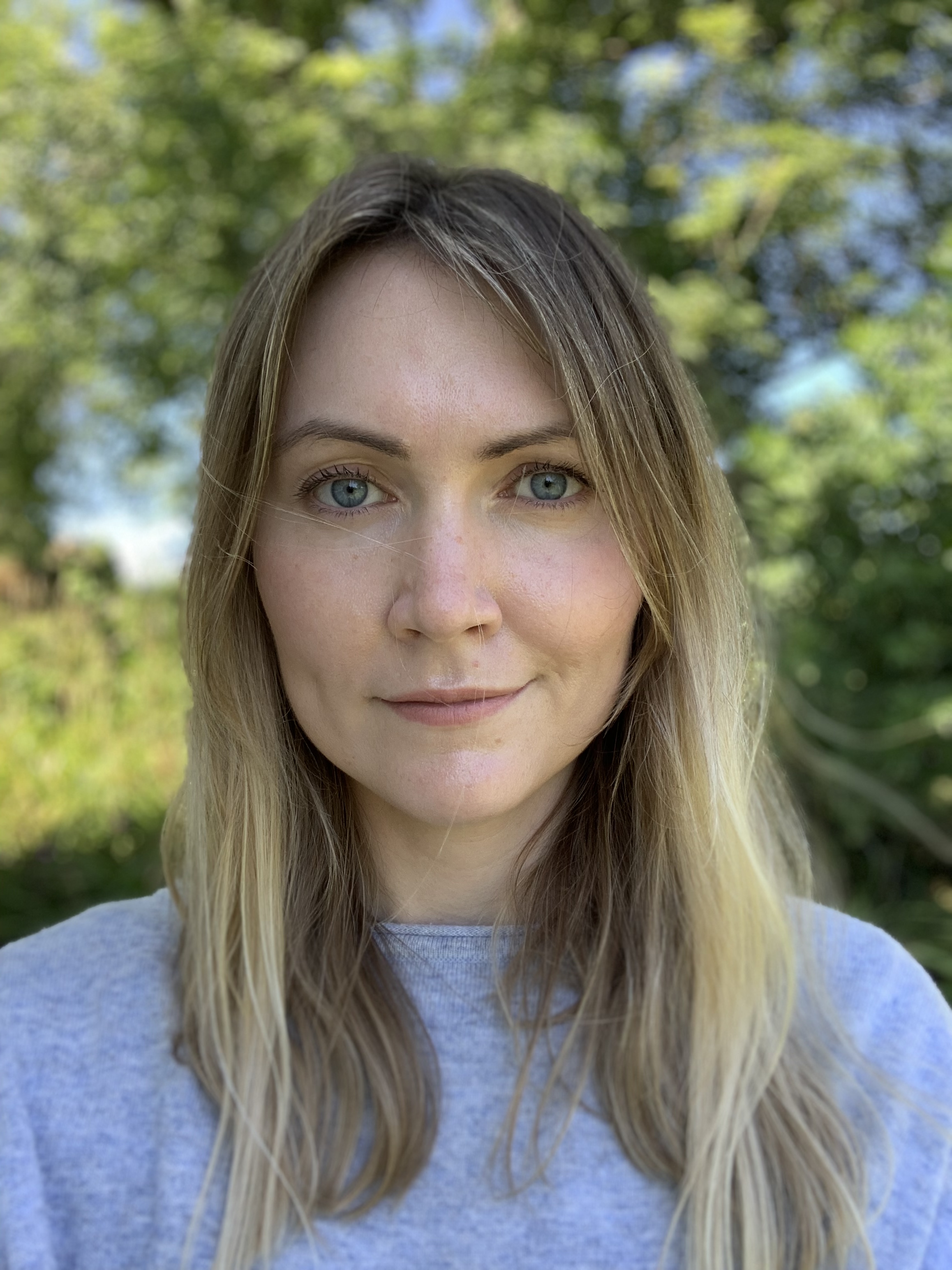
Kristina Decker is in the final year of her PhD in the School of History at University College Cork. She received IRC funding in 2018 for her PhD research project, ‘Women and Improvement in Eighteenth-Century Ireland: the Case of Mary Delany’, which examines the ways in which Mary Delany participated in the cult of improvement across such areas as education, sociability, landscape, and female ‘accomplishments’. Previously, she was awarded the 2017 Desmond Guinness Scholarship for research on the visual arts in Ireland from the Irish Georgian Society. Additionally, Kristina has a MA in Eighteenth-Century Studies from King’s College London where her research focused on lapdogs in the long eighteenth-century. Her research interests include: women’s history and the cultural history of the long eighteenth century, country house and material culture studies, and animal histories.
International Secretary:
Dr Mary McAuliffe

Mary McAuliffe is Assistant Professor / Lecturer in Gender Studies at UCD, specialising in Irish women’s / gender history. She completed her BA (Hons) and PhD at the School of History and Humanities, Trinity College, Dublin (TCD). She is the co-author on ‘We were There; 77 Women of the Easter Rising’ (Four Courts, 2016) and co-editor of
‘Kerry 1916; Histories and Legacies of the Easter Rising’ (IHP, 2016). ‘We were There, 77 Women of the Easter Rising’ was chosen by Dublin Public Libraries as its book of the 2016 commemoration of the 1916 Rising. Her most recent publication was a biography of the Scottish-born Irish revolutionary, suffrage, and trade union activist, Margaret Skinnider, published in 2020 by UCD Press. Her ongoing project is on gendered and sexual violence during the Irish War of Independence and Civil War, and that will be published in 2022, and
she is also writing on Kilkenny and the Revolution for the Four Courts Press County Series. Mary has been involved in several public history projects including the 1916 exhibitions and commemorative quilt project at Richmond Barracks and 1916 centenary exhibition at the Royal College of Surgeons. She coordinated the 2014 commemoration conference of the centenary of the founding of Cumann na mBan (1914) in association with the Dept of Arts, Heritage and the Gaeltacht and the WHAI. She was President of the Women’s History Association of Ireland (2011-2014) and is still a committee member. She was a member of the National Archives of Ireland Advisory Council (NAAC) (2012-17). She is on the Advisory Board of the Irish Association of Professional Historians. As well as publications she contributes to history documentaries, radio, tv, news media and has an active online presence at @MaryMcAuliffe4 and @rebel_women_ire
email: mary.mcaulif@ucd.ie
Treasurer:
Dr Lorraine Grimes
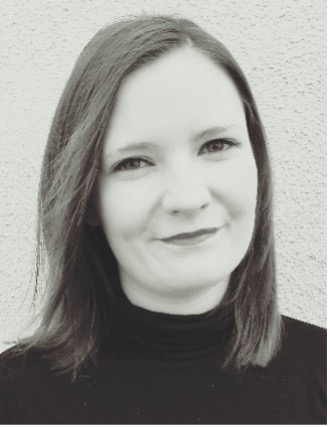
Lorraine Grimes is a Postdoctoral Researcher in Applied Social Studies at Maynooth University. Lorraine has a PhD from the National University of Ireland Galway. Her thesis titled ‘Migration and Assistance: Irish Unmarried Mothers in Britain 1926-1973’, examines the institutionalisation of Irish unmarried mothers in institutions in Britain, and explores issues of maternity care, adoption, socio-economic class, unmarried fathers and advocacy for unmarried mothers in the 1970s.
Lorraine has co-authored a number of key reports on abortion policy for the Department of Health in Ireland and the World Health Organisation. Lorraine was lead author of the report ‘Too Many Barriers: Experiences of Abortion in Ireland after Repeal’. Lorraine also has a number of recent publications focusing on reproductive healthcare and unmarried motherhood in Britain and Ireland.
Web Officer:
Dr Martin Walsh FRHistS
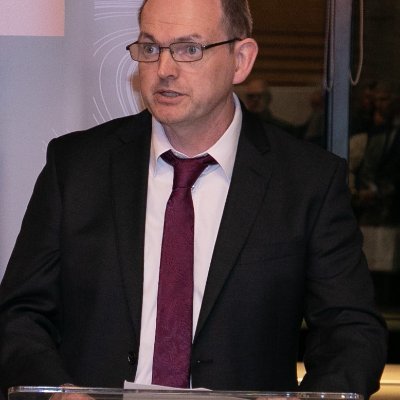
Martin is the current Project Officer for the Oral History Project at the University of Limerick where he also teaches. His research is focused on the visibility of working-class women in the public sphere in England and in Ireland in the late nineteenth and early twentieth century, and the fears moralists had about their exposure to immorality. He is a Fellow of the Royal Historical Society and Web Officer for the Women’s History Association of Ireland. His second book, University of Limerick an Oral History of Limerick, 1972 -2022, was published November 2023.
Membership Secretary:
Dr Deirdre Foley
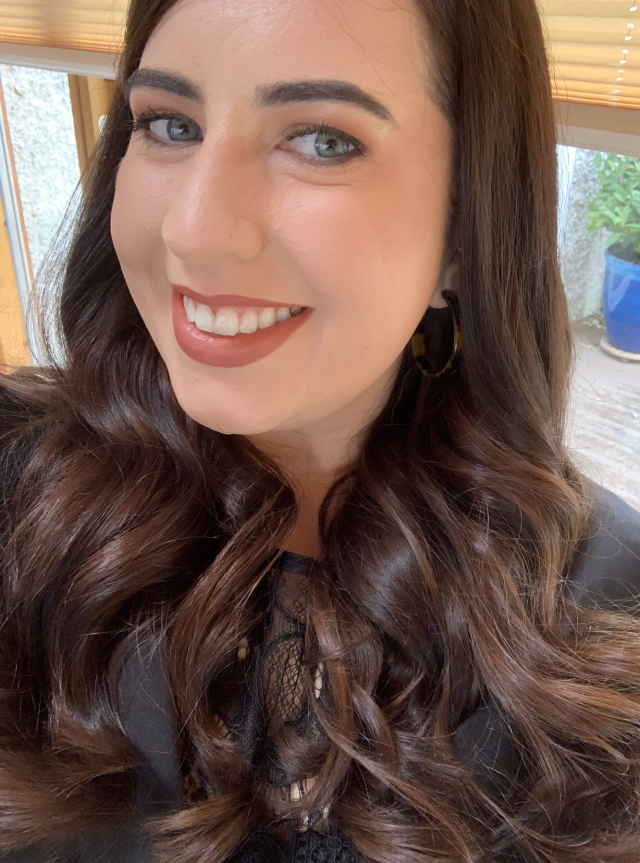 Dr Foley is a historian of modern Ireland with a particular interest in birth control, maternity care, female associational culture and the legal status of women in 20th century Ireland. She has a PhD in History from Dublin City University, and previously studied at Trinity College Dublin (MPhil) and University College Dublin (BA).
Dr Foley is a historian of modern Ireland with a particular interest in birth control, maternity care, female associational culture and the legal status of women in 20th century Ireland. She has a PhD in History from Dublin City University, and previously studied at Trinity College Dublin (MPhil) and University College Dublin (BA).
As the current Roy Foster Irish Government Research Fellow, she is in the process of revising her doctoral thesis, entitled ‘“Women are Citizens”: Women’s groups and the Commission on the Status of Women in Ireland, c. 1967-1979’, into a monograph which will investigate, in a wider sense, the changing legal and social status of women in Ireland.
Postgraduate representative:
Susie Deedigan
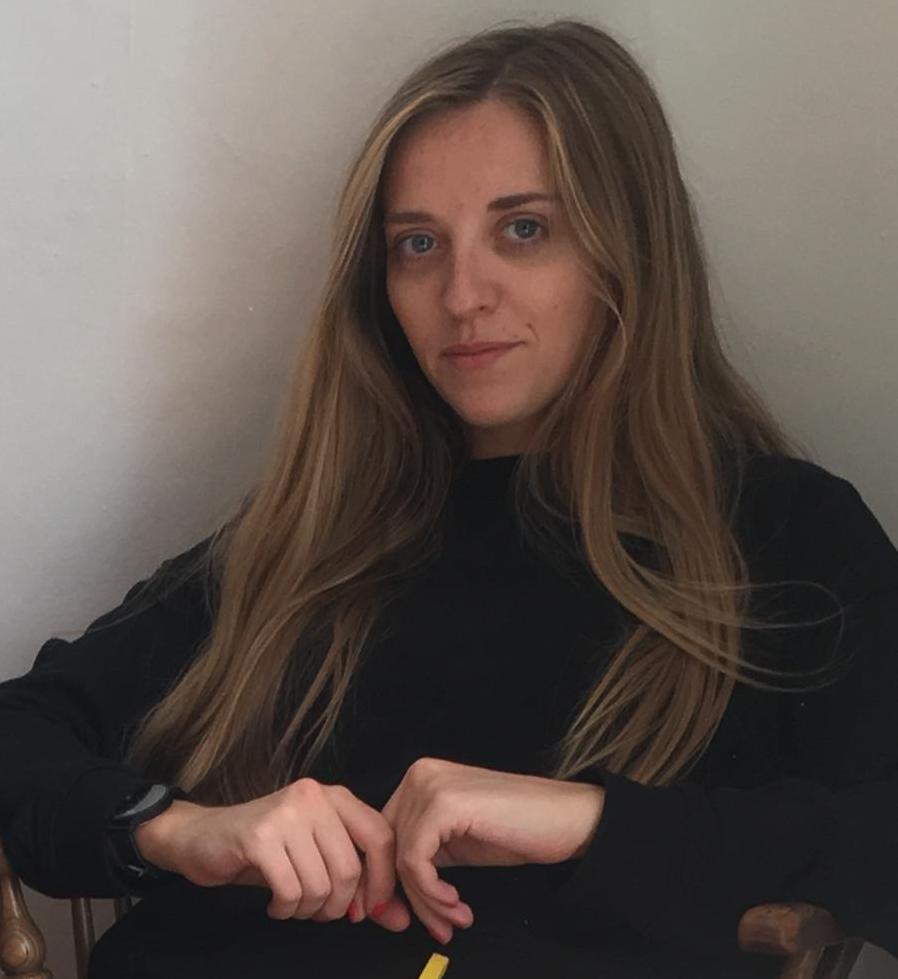
Susie is a PhD candidate at Queen’s University, Belfast. She previously studied at Trinity College, Dublin (MPhil), Balliol College, Oxford (BA) and Sheffield Hallam (PGCE). Her PhD research is funded by a Department for the Economy studentship. It comparatively examines the impact of gender on political imprisonment during the Second World War in Northern and independent Ireland. It considers women’s experiences and explores how lives were changed as a result of imprisonment. It explores the impact of gender on state responses and discusses women’s roles and perception within republicanism.
She has presented widely and contributed to blog posts on many aspects of Irish women’s and gender history. Her previous research has included studies of militancy and Irish suffrage, female activism and trade unionism in the early twentieth century and female associational culture during the Irish Civil War. She previously taught History and English Literature at secondary and FE level in the state sector and is active within a number of initiatives working to widen access to higher education for marginalised groups.
Postgraduate representative:
Rachell Newell
Rachel Newell is a final year PhD researcher at Queen’s University, Belfast. Her research focuses on the relationship between female criminality and society in what would become Northern Ireland from the 1880s to 1920s. She is interested in how records form the court system broaden our understanding of how ‘ordinary’ women experienced ‘everyday’ life during a tumultuous period in local, national and international history. As part of her PhD project, Rachel has also undertaken a placement with the Public Records Office of Northern Ireland to help with the cataloguing and organisation of the crown and peace records for the start of the twentieth century.
Book Reviews Editor:
Judy Bolger
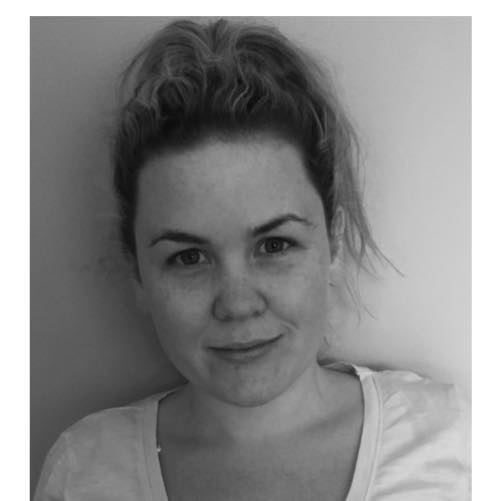 Judy Bolger is a PhD researcher in the department of Modern Irish History at Trinity College, Dublin. Her PhD research examines the social discourse surrounding impoverished mothers and women’s experiences of maternity and motherhood in Irish workhouses during the late-nineteenth and early-twentieth centuries. This project is funded by the Trinity College, Dublin 1252 Postgraduate Research Scholarship. She received a first-class M.Phil. degree in Modern Irish History from Trinity College, Dublin (2017) in which her thesis research examined the social history of Irish breastfeeding during the nineteenth century. She also holds a first-class Honours B.A. Degree in English and History from Carlow College where her undergraduate thesis assessed reproductive insanity and women’s admissions into the Carlow District Lunatic Asylum. As the winner of Carlow College’s dissertation of the year, a copy of this thesis is held within the Delaney Archives, Carlow College. Her research on the representation of workhouse mothers within nineteenth-century Irish newspapers was published in Historical Studies (2019) and she has contributed blogs entries of her research to platforms such as Perceptions of Pregnancy. Judy has presented widely on many aspects of Irish women’s history and has a keen interest in triangulating the role of class and gendered discourse within the history of women’s perceived roles in Irish society.
Judy Bolger is a PhD researcher in the department of Modern Irish History at Trinity College, Dublin. Her PhD research examines the social discourse surrounding impoverished mothers and women’s experiences of maternity and motherhood in Irish workhouses during the late-nineteenth and early-twentieth centuries. This project is funded by the Trinity College, Dublin 1252 Postgraduate Research Scholarship. She received a first-class M.Phil. degree in Modern Irish History from Trinity College, Dublin (2017) in which her thesis research examined the social history of Irish breastfeeding during the nineteenth century. She also holds a first-class Honours B.A. Degree in English and History from Carlow College where her undergraduate thesis assessed reproductive insanity and women’s admissions into the Carlow District Lunatic Asylum. As the winner of Carlow College’s dissertation of the year, a copy of this thesis is held within the Delaney Archives, Carlow College. Her research on the representation of workhouse mothers within nineteenth-century Irish newspapers was published in Historical Studies (2019) and she has contributed blogs entries of her research to platforms such as Perceptions of Pregnancy. Judy has presented widely on many aspects of Irish women’s history and has a keen interest in triangulating the role of class and gendered discourse within the history of women’s perceived roles in Irish society.
Executive
Executive Committee Member:
Dr Bronagh McShane
Executive Committee Member:
Tanya Higgins-Carey
T anya Higgins-Carey is a historian of medicine with a particular interest in the charitable hospital and maternity history, hospital finance, management and governance, nursing education and the early evolution of clinical birthing practices and medical advancements in the field of obstetrics and gynaecology. Tanya holds a BA from Mary Immaculate College where she is researching her PhD under the supervision of Dr Clodagh Tait. She was awarded an assistantship to fund her research by the Department of History, where is currently employed as a tutor. Tanya has presented her work widely, nationally and internationally.
anya Higgins-Carey is a historian of medicine with a particular interest in the charitable hospital and maternity history, hospital finance, management and governance, nursing education and the early evolution of clinical birthing practices and medical advancements in the field of obstetrics and gynaecology. Tanya holds a BA from Mary Immaculate College where she is researching her PhD under the supervision of Dr Clodagh Tait. She was awarded an assistantship to fund her research by the Department of History, where is currently employed as a tutor. Tanya has presented her work widely, nationally and internationally.
Executive Committee Member:
Dr Lyndsey Earner Byrne
Executive Committee Member:
Dr Sophie Cooper
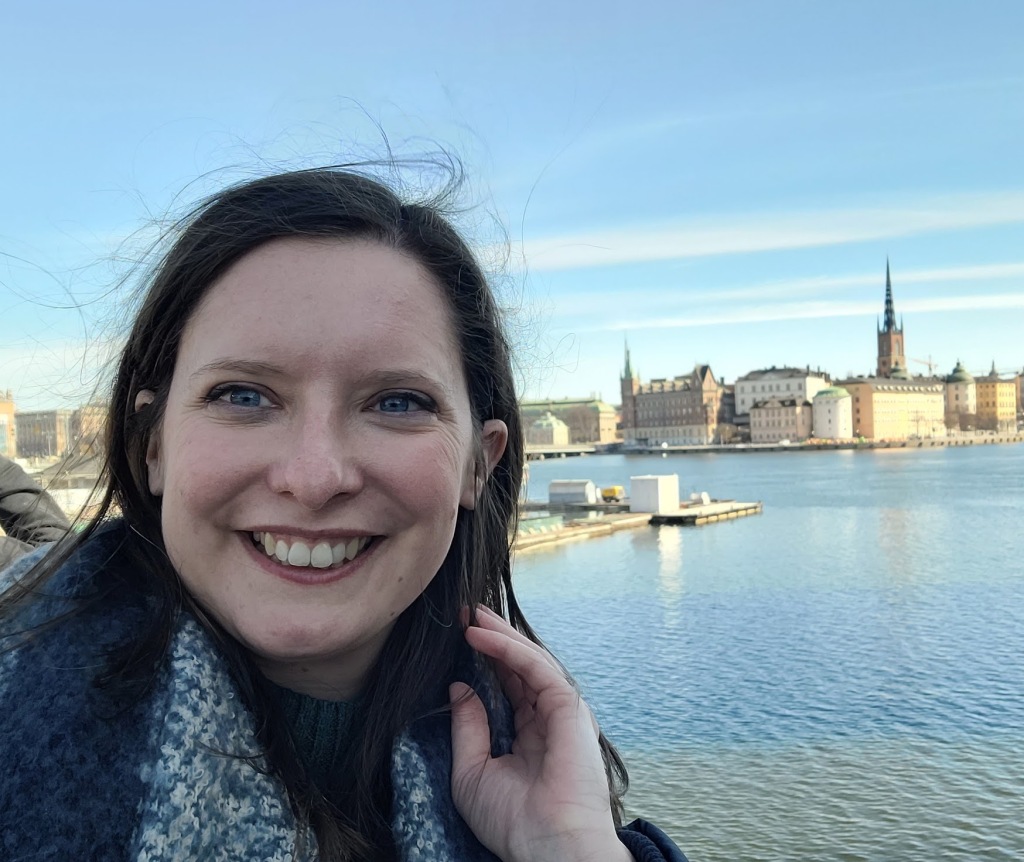
Dr Sophie Cooper is a lecturer in Liberal Arts at Queen’s University Belfast where she has taught since 2021. She is a historian of migration, gender, and religion, with a particular interest in how the built environment was used by Irish migrants in the United States, Australia, and Britain during the nineteenth and early twentieth centuries. Her first book, Forging Identities in the Irish World: Melbourne and Chicago, c.1830-1922, was published by Edinburgh University Press in 2022. It was awarded the Lawrence J. McCaffrey Prize for Books in Irish America by the American Conference of Irish Studies in 2023. Sophie has also published in Women’s History Review, History Compass, and Social History, alongside works in edited collections. She is Secretary of the Ulster Society of Irish Historical Studies.
Executive Committee Member:
Dr Shannon Devlin
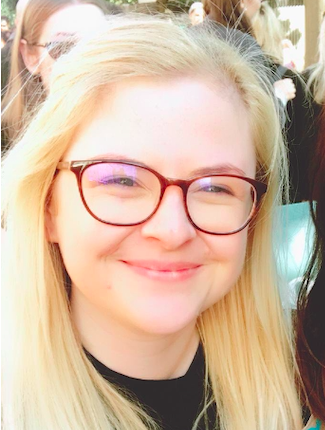
Shannon Devlin is Lecturer in Modern Irish Gender History at Ulster University. She completed her PhD at Queen’s University, Belfast, in 2020, and was Balch Fellow at the Historical Society of Pennsylvania in 2022. Her research interests lie in the Irish family, particularly the often-overlooked sibling relationship. She has published her research in Women’s History Review and The History of the Family. Her first monograph, entitled No Closer Bond: Siblinghood and Sociability in Nineteenth-Century Ulster, is due to be published next year by Liverpool University Press. Taking a horizontal perspective, it uses innovative genealogical methodology to explore the gendered expectations placed on brothers and sisters in middle-class Irish society. More broadly, Shannon is interested in how the family shapes identity and social networking in the nineteenth century, attitudes to incest and cousin courtship in Ireland, and the role of family in migration and diaspora. Shannon convenes the ‘Lifecycles, Families, and Communities’ strand of the Social History Society, is an Early Career Fellow of the Royal Historical Society, and Associate Fellow of the Higher Education Academy.

Very interesting website